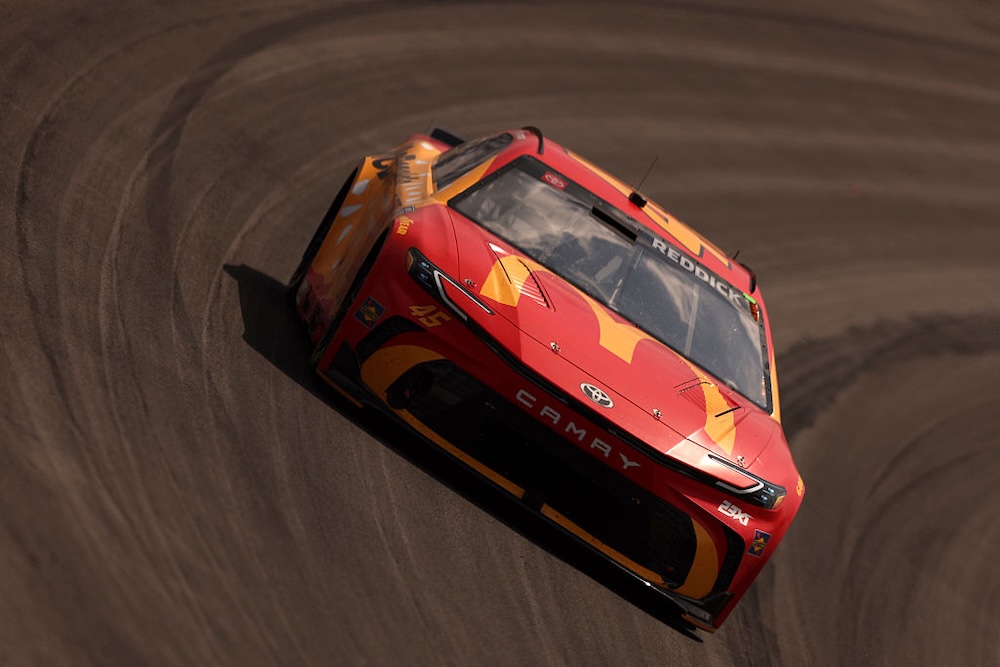23XI Racing and Front Row Motorsports say they will go out of business after the 2025 season if NASCAR sells their charters.
The claim came on Monday in a reply by the two organizations ahead of the Thursday court hearing on a request for a preliminary injunction. 23XI Racing and Front Row Motorsports are currently racing as Open teams after the initial preliminary injunction that recognized them as charter teams was vacated in June. But they are seeking a new injunction, and an order that NASCAR cannot sell its charter until the antitrust lawsuit is resolved.
“Plaintiffs will indisputably suffer irreparable harm if NASCAR is allowed to carry out its plan to immediately sell their charters to other entities before trial,” the filing states, “because that would put 23XI and Front Row out of business following the 2025 Cup Series season. This Court has already found that it is not economically viable to race as open teams on a long-term basis, and NASCAR did not challenge that finding on appeal.
“Plaintiffs will also suffer irreparable harm if they do not have charter rights for the rest of this season, because it will cause their drivers and sponsors to seek to leave. This is evidenced by (redacted).”
23XI Racing and Front Row Motorsports field a combined six teams. Both organizations had two charters before purchasing one each from Stewart-Haas Racing, which allowed them to expand to a three-car team. Neither organization signed the charter agreement when given a final deadline by NASCAR in September.
NASCAR filed a notice with the court on Monday indicating that it plans to convey a charter to an interested party once a ruling is made on the preliminary injunction. It was not revealed which team is the interested party.
The antitrust lawsuit goes to trial on December 1.
In their reply, 23XI Racing and Front Row Motorsports stated, “NASCAR’s Opposition is a brazen effort to deny reality and avoid addressing the overwhelming evidence of its unlawful maintenance of monopsony power through anticompetitive acts in the input market for premier stock car racing. It is striking in its failure to even address most of the smoking-gun documents that admit NASCAR viewed competitive entry as a threat to its monopsony and the express anticompetitive purpose for NASCAR’s exclusionary acts to block such entry… NASCAR can ignore the devastating evidence against it, but it cannot hide from its impact, which is to easily satisfy Plaintiffs’ burden of proving a likelihood of success on the merits.”
